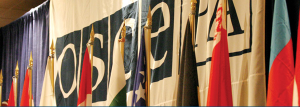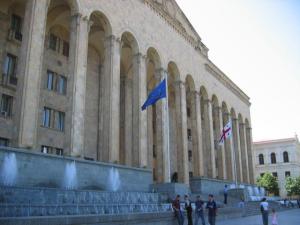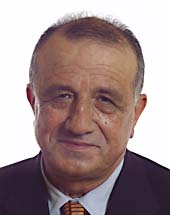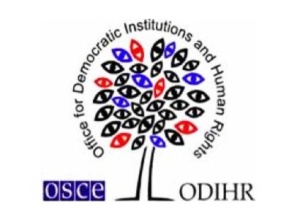 The Elections Observation Missions of the Office for Democratic Institutions and Human Rights of the Organisation for Security and Cooperation in Europe (ODIHR) have become a regular feature of the electoral process on the European continent, and a model for others world-wide. The Missions, consisting of a core team and a handful of long term observers deploy a month ahead of the poll and are joined for election-day by several hundred short term observers and delegations from the Parliamentary Assemblies of the continent’s leading institutions. Whilst not perfect, the ODIHR model remains the best.
The Elections Observation Missions of the Office for Democratic Institutions and Human Rights of the Organisation for Security and Cooperation in Europe (ODIHR) have become a regular feature of the electoral process on the European continent, and a model for others world-wide. The Missions, consisting of a core team and a handful of long term observers deploy a month ahead of the poll and are joined for election-day by several hundred short term observers and delegations from the Parliamentary Assemblies of the continent’s leading institutions. Whilst not perfect, the ODIHR model remains the best.
One feature that has often caused concern is the way that these missions report their findings. It has now been a long standing habit (it would be wrong to call it anything else), for the Election Observation Missions to issue two interim reports prior to election-day. They are often very technical in nature. On election day the Mission then joins up with the parliamentary delegations from the Council of Europe, the European Parliament, sometimes the NATO PA and until recently with the OSCE’s own Parliamentary Assembly, for the day-after Press Conference, usually held at 3.00 or 4.00 in the afternoon. This has traditionally been the most high profile part of the process. The atmosphere is usually highly charged, the journalists coming from overseas to cover the election would still be around, and everybody is waiting for the key phrase or phrases which would indicate that the election has been deemed free and/or fair, although in recent years the wording has become increasingly more ambiguous. The Parliamentarians then leave as quickly as they had arrived, and the ODIHR mission lingers on in-country for a while to observe the post-election environment. Rarely, as was the case in Armenia after the 2008 Presidential election and again this month, it issues a third interim report. The Mission then departs and two months after the Mission issues a final report.
Many feel that these habits are due for review. ODIHR, in an effort one suspects to insulate itself from the pressures of its political masters – the OSCE member states represented by the Permanent Council in Vienna, increasingly depicts its work and its reports as “technical”, checking performance against compliance. They may very well be, but there is no denying that the consequences of the reports are political, and the way that ODIHR is communicating its findings is, in that sense, not very efficient. More…
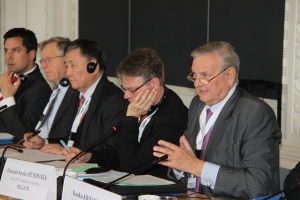
 The Elections Observation Missions of the Office for Democratic Institutions and Human Rights of the Organisation for Security and Cooperation in Europe (ODIHR) have become a regular feature of the electoral process on the European continent, and a model for others world-wide. The Missions, consisting of a core team and a handful of long term observers deploy a month ahead of the poll and are joined for election-day by several hundred short term observers and delegations from the Parliamentary Assemblies of the continent’s leading institutions. Whilst not perfect, the ODIHR model remains the best.
The Elections Observation Missions of the Office for Democratic Institutions and Human Rights of the Organisation for Security and Cooperation in Europe (ODIHR) have become a regular feature of the electoral process on the European continent, and a model for others world-wide. The Missions, consisting of a core team and a handful of long term observers deploy a month ahead of the poll and are joined for election-day by several hundred short term observers and delegations from the Parliamentary Assemblies of the continent’s leading institutions. Whilst not perfect, the ODIHR model remains the best.